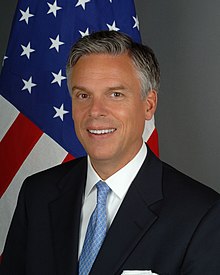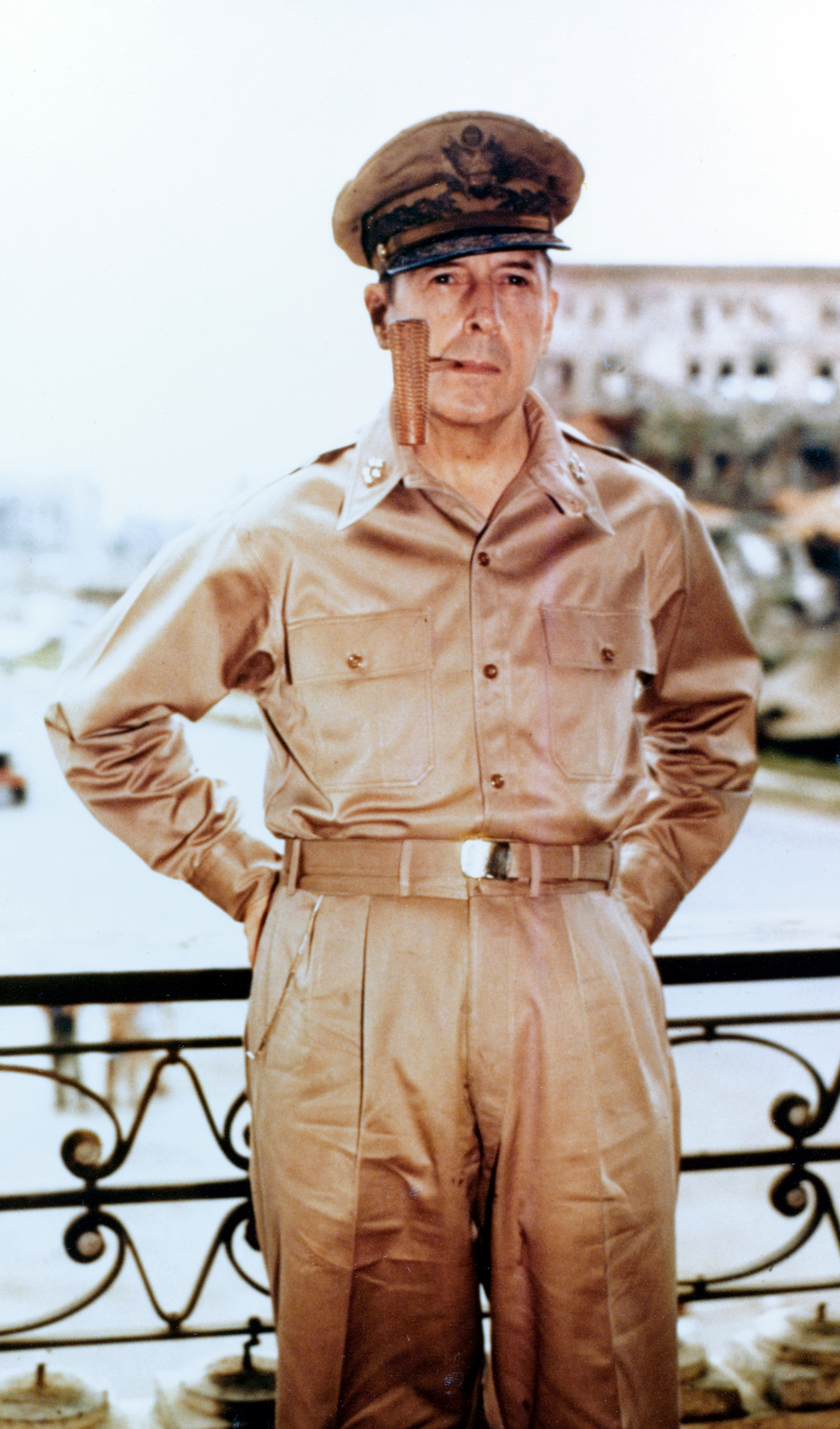After spending more than 20 years in Mexico as an English teacher, I returned to the States and started reflecting on the enormous difference in cultures, way of life, daily habits, religion, politics, and, above all, public perception toward government, whether local or national. Mexico was, of course, settled by Spaniards who gave the country its language, but not its culture. The resulting mix of European and Indian blood, known in Mexico as mestizos, comprises more than 90% of today's population. The Catholic Church established the main religion for most Mexicans who revere the Virgin Mary as its beloved protector. Even drug traffickers, ironically, invoke her help to carry out their sinister trade.
To understand Mexican cynicism toward government, one must remember that this proud country has been unable to find true democracy except for very short periods of time. Invaded by the French and by Americans, plagued by dictatorships from Porfirio Diaz to the political monopoly during 70 years under the Revolutionary Institutional Party (PRI), citizens of the Aztec country are naturally very skeptical as to their rulers' claims of democracy. Vast fortunes were made by corrupt politicians who acted with impunity and sacked state and national treasuries. No checks and balances existed to limit political excesses, no judicial system (controlled by cronies) dared interfere or ask for public accounting. The media, with rare exceptions soon quelled, reflected the government's point of view with nary an independent opinion.
 Vicente Fox, First non-PRI President
Vicente Fox, First non-PRI President
Things changed on December 1, 2000, when Vicente Fox was sworn in as the first non-PRI President of Mexico. The nation exhaled with relief; now things would change. Democracy, finally, was taking over in Mexico! Alas, old habits die hard. The governing machine remained the same with firmly entrenched bureaucrats who still saw their poorly paid positions as an opportunity to supplement their salary through the famous mordida (bribe). Trying to open a business in Mexico is a via crucis that may take as much as 2 years, unless you know who to talk to. Intermediaries quickly saw their opportunity to fatten their purses by "negotiating" a deal with government officials. Popular Mexican wisdom says that there is no such thing as a poor politician, only a dumb one.
Because the people has suffered so much during more than two centuries since Mexico's independence in 1810, they regard any foreigner with suspicion and sometimes with outright hostility. Poverty is still rampant, especially in major cities. Public services are deficient and very expensive. Gasolines (all types) are sold at international prices to people who make less than half of what similar positions make in the U.S. Natural gas is abundant in the northern part of the country so most homes use it to cook and heat their homes. Unfortunately, it is in the hands of a Spanish company which won the bidding when Mexican politicians decided to privatize the business. The price of gas is simply too high for the majority of middle-class inhabitants and, of course, for the poor. The cost of electricity is also based in dollars, making it prohibitive for the ordinary family. So, many homes simply "steal" power through ingenious shenanigans, such as hiding the cables which bypass the meter.
Justice is severely biased in Mexico; if you are incarcerated, you have to prove your innocence or pay a mordida to get out of jail; judges can often be bought (they make very little money), and the police is not known for its humane treatment of prisoners. An accused person may spend years in prison before they appear in court and nobody is in a hurry to pass sentence. There is no jury; it's all up to the judge. Or course, people with high-placed compadres can often obtain their early release. A simple phone call to the court will take care of business. Favors are paid with favors.
Nowadays, the only institution Mexican citizens trust (more or less) is the army which has engaged the drug traffickers in a frontal assault. Thousands of local police and low level functionaries have been arrested and accused of collusion with cartels.Thousands of Mexican citizens have fled the country and settled in our country: the very rich and the very poor. The former because of fear, the latter because of hunger.
It is difficult to conceive how two neighboring countries can be so dissimilar. Even France and Germany, to cite an example of different neighboring cultures, have achieved a decent level of prosperity for their peoples. Mexican people often say:"So close to the U.S. and so far from God," to show their dissatisfaction with the present state of affairs. We send our retirees to the cheaper life in Mexico, while they send their poor and hungry. They send us their illicit drugs and we return the favor by sending back millions of dollars.
Some American hotheads have suggested invading Mexico to pursue and destroy the cartels: that would be the most foolish thing to do. It would unite all Mexicans against us; they still remember the Mexican-American war in which they lost half their territory. No, the solution is in the hands of Mexico itself; if they can establish firm democratic institutions and an honest judicial system to punish corruption, they have a chance to grow into the prosperous nation that every Mexican citizen aspires to see one day.
To understand Mexican cynicism toward government, one must remember that this proud country has been unable to find true democracy except for very short periods of time. Invaded by the French and by Americans, plagued by dictatorships from Porfirio Diaz to the political monopoly during 70 years under the Revolutionary Institutional Party (PRI), citizens of the Aztec country are naturally very skeptical as to their rulers' claims of democracy. Vast fortunes were made by corrupt politicians who acted with impunity and sacked state and national treasuries. No checks and balances existed to limit political excesses, no judicial system (controlled by cronies) dared interfere or ask for public accounting. The media, with rare exceptions soon quelled, reflected the government's point of view with nary an independent opinion.
 Vicente Fox, First non-PRI President
Vicente Fox, First non-PRI PresidentThings changed on December 1, 2000, when Vicente Fox was sworn in as the first non-PRI President of Mexico. The nation exhaled with relief; now things would change. Democracy, finally, was taking over in Mexico! Alas, old habits die hard. The governing machine remained the same with firmly entrenched bureaucrats who still saw their poorly paid positions as an opportunity to supplement their salary through the famous mordida (bribe). Trying to open a business in Mexico is a via crucis that may take as much as 2 years, unless you know who to talk to. Intermediaries quickly saw their opportunity to fatten their purses by "negotiating" a deal with government officials. Popular Mexican wisdom says that there is no such thing as a poor politician, only a dumb one.
Because the people has suffered so much during more than two centuries since Mexico's independence in 1810, they regard any foreigner with suspicion and sometimes with outright hostility. Poverty is still rampant, especially in major cities. Public services are deficient and very expensive. Gasolines (all types) are sold at international prices to people who make less than half of what similar positions make in the U.S. Natural gas is abundant in the northern part of the country so most homes use it to cook and heat their homes. Unfortunately, it is in the hands of a Spanish company which won the bidding when Mexican politicians decided to privatize the business. The price of gas is simply too high for the majority of middle-class inhabitants and, of course, for the poor. The cost of electricity is also based in dollars, making it prohibitive for the ordinary family. So, many homes simply "steal" power through ingenious shenanigans, such as hiding the cables which bypass the meter.
Justice is severely biased in Mexico; if you are incarcerated, you have to prove your innocence or pay a mordida to get out of jail; judges can often be bought (they make very little money), and the police is not known for its humane treatment of prisoners. An accused person may spend years in prison before they appear in court and nobody is in a hurry to pass sentence. There is no jury; it's all up to the judge. Or course, people with high-placed compadres can often obtain their early release. A simple phone call to the court will take care of business. Favors are paid with favors.
Nowadays, the only institution Mexican citizens trust (more or less) is the army which has engaged the drug traffickers in a frontal assault. Thousands of local police and low level functionaries have been arrested and accused of collusion with cartels.Thousands of Mexican citizens have fled the country and settled in our country: the very rich and the very poor. The former because of fear, the latter because of hunger.
It is difficult to conceive how two neighboring countries can be so dissimilar. Even France and Germany, to cite an example of different neighboring cultures, have achieved a decent level of prosperity for their peoples. Mexican people often say:"So close to the U.S. and so far from God," to show their dissatisfaction with the present state of affairs. We send our retirees to the cheaper life in Mexico, while they send their poor and hungry. They send us their illicit drugs and we return the favor by sending back millions of dollars.
Some American hotheads have suggested invading Mexico to pursue and destroy the cartels: that would be the most foolish thing to do. It would unite all Mexicans against us; they still remember the Mexican-American war in which they lost half their territory. No, the solution is in the hands of Mexico itself; if they can establish firm democratic institutions and an honest judicial system to punish corruption, they have a chance to grow into the prosperous nation that every Mexican citizen aspires to see one day.


 Boys in a cigar factory
Boys in a cigar factory


